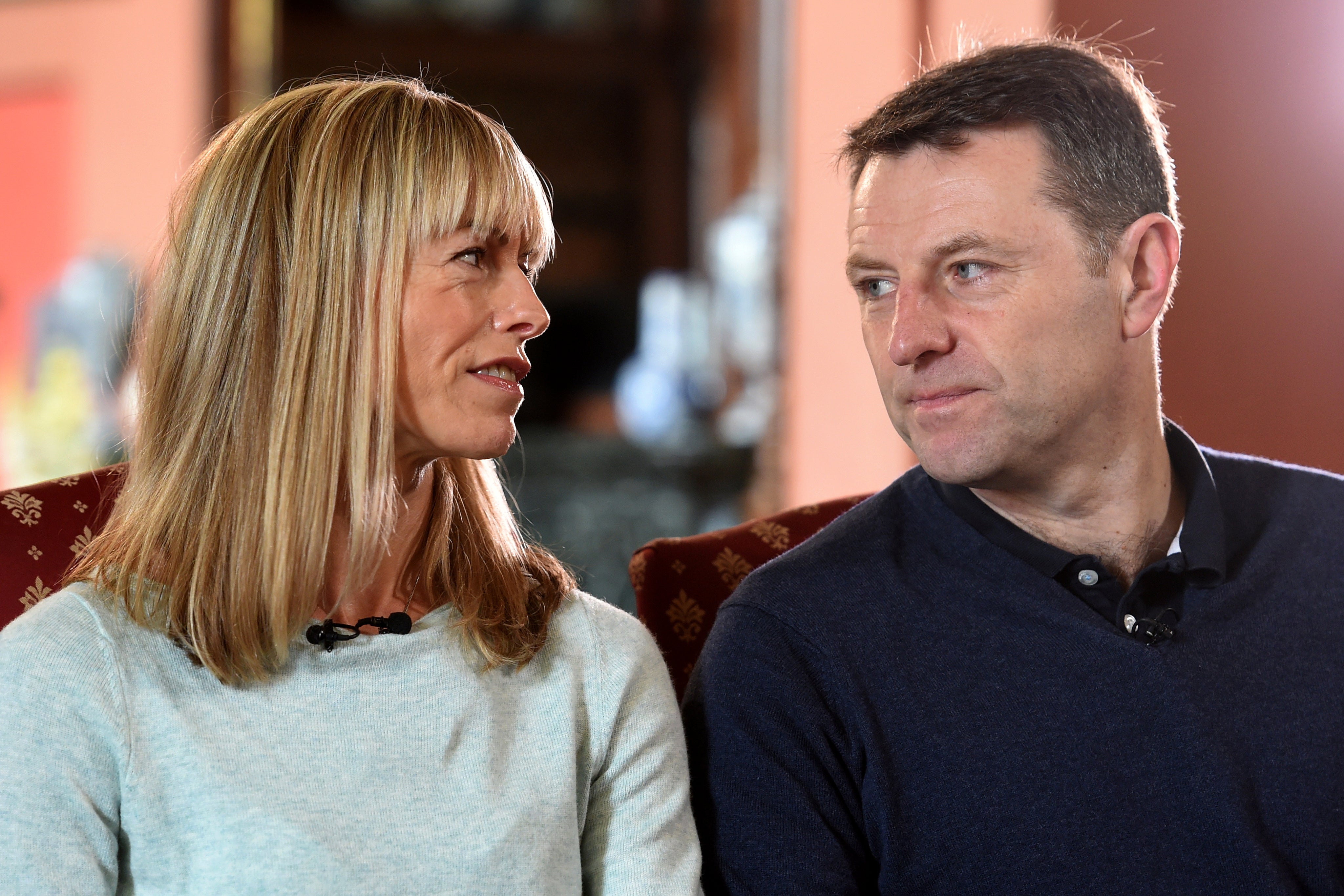
Victims of press abuse have been given the green light to take the Government to court over its decision to scrap part two of the Leveson Inquiry into the culture, media and practice of the UK press.
The group, comprising Kate and Gerry McCann, Christopher Jeffries, Crimewatch’s Jacqui Hames and Byline Media, was given permission by a judge last week to proceed with a judicial review challenging the decision.
The call for a review is backed by press reform campaign group Hacked Off.
Grounds cited for the application, which will be heard in October, included:
- That there was a legitimate expectation of victims that Leveson Two would take place
- That the Government had acted irrationally and failed to give reasons for its decision
- That consultation responses were treated unfairly and irrationally
- That the Conservative Party’s manifesto promise to cancel the inquiry was evidence of the Government’s closed mind.
By giving permission, a judge found that the claim had sufficient likelihood of success on all four of these grounds.
The Leveson Inquiry had been planned as a two-part process, as pledged by former Prime Minister David Cameron, with the second part examining wrongdoing in the press and the police.
This second part was suspended while criminal investigations around phone hacking and misconduct in a public office were ongoing.
In announcing the Government’s decision not to continue with Levesn Two in March, Culture Secretary Matt Hancock told MPs that the “terms of reference” for Leveson Two had “largely been met” by changes to policing standards and the creation of a new press regulator.
He added: “We do not believe that reopening this costly and time-consuming public inquiry is the right way forward.”
Amendments to the Data Protection Bill from both MPs and peers looked set to resurrect a Leveson-style inquiry into the media, but two similar proposals were narrowly voted down in Parliament in the past two weeks.
Evan Harris, executive director of Hacked Off, said: “Just days after they again sought to suppress the completion of the Leveson Inquiry by opposing relevant amendments in Parliament, the Government risk embarrassment and humiliation over the prospect of a successful legal challenge brought by the victims of press abuse.
“The Government made commitment after commitment to see through the Leveson Inquiry, so that the victims could learn the truth and lessons for the industry could be learned.
“It is appalling that the victims have been put through the costly and arduous process of seeking legal action to see those commitments met by the Government – yet as this action shows, they have no intention of giving up.”
Hacked Off is crowdfunding to help fund the judicial review, which it said was a “very expensive” process as it continues to appeal for donations.
Permission was not granted for a parallel application for a judicial review of the Government’s failure to start, and intention to repeal, Section 40 of the Crime and Courts Act 2013, which would force newspapers not signed up to a Royal Charter regulator to pay both sides’ legal fees in privacy and libel battles, whether they win or lose.
Culture Secretary Matt Hancock has said this would “exacerbate the problems the press face rather than solve them”.
A Hacked Off spokesperson said it was likely this decision would be appealed.
The Government today defended its decision to close the Leveson Inquiry in a statement to Press Gazette.
A Department for Digital, Culture, Media and Sport spokesperson said: “The Government’s decision to end part two [of the Leveson Inquiry] was proportionate, appropriate, in the public interest and was made following thorough, open, public consultation.”
Speaking in Parliament this month on amendments to the Data Protection Bill, Hancock said the internet has “fundamentally undermined the business model of our printed press” since the first part of the inquiry, and the core challenge now was to “ensure a sustainable future for high-quality journalism”.
He added: “In the period in which people have raised concerns and said that they must be looked into in Leveson Two, every one that has been raised with me was covered in Leveson One.
“Leveson One was exhaustive, and there were then police investigations, which went further. My judgment is about what is right now, and the challenges the press face now are fundamentally different.”
Christopher Jeffries, a Bristol landlord who successfully sued eight newspapers for libel after he was wrongly accused of the murder of Joanna Yeates in 2010, told Radio 4’s Today programme this morning that the fact permission had been given for the judicial review to proceed indicated a judge thought the case was “at least arguable”.
Jeffries, who is now a patron of Hacked Off, said: “Part two of the inquiry is to look at wrongdoing in the press in a way which part one was not able to do because of the pending outcome of criminal investigations.
“Since part one reported we have had all sorts of evidence emerging of further wrongdoing which may well still be continuing.”
Hames received an apology and damages, understood to be in the tens of thousands, from News Group Newspapers, part of News UK, in February after it admitted carrying out voicemail hacking and intrusive surveillance against her at the now defunct News of the World newspaper.
Picture: Reuters/Joe Giddens/Pool TPX
Email pged@pressgazette.co.uk to point out mistakes, provide story tips or send in a letter for publication on our "Letters Page" blog
